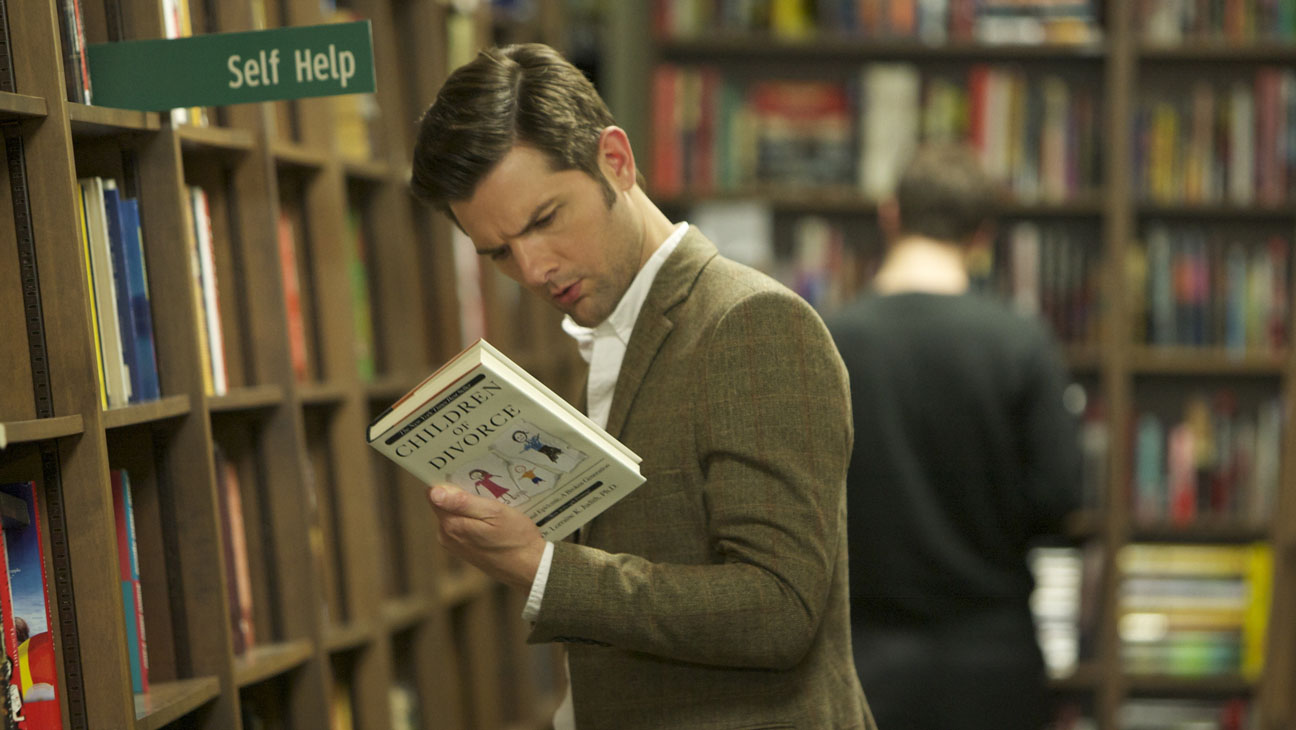If Here was the most ambitious project of 2024, Nickel Boys is runner-up, and while Nickel Boys is a better film, it also suffers from some of the problems of artistic ambition, namely overlength and confusion. Nickel Boys took such a circuitous route to get to the punchline, I thought for sure it had no point. I was wrong, thankfully. But I was skeptical for a while.
Nickel Boys isn’t an easy watch. I’ll start there. It’s confusing and much of the beginning is layered with extreme closeups and a frustrating lack of exposition. There any many, many, many shots -especially early on- in which you’ll say, “What am I looking at?” And then most of the action is delivered from first-person perspective as if the story is happening to you personally. Since our hero, Elwood Curtis (Ethan Herisse) carefully picks and chooses his moments to act, it feels as if the story is often happening to an innocent bystander. This is the testimonial many need to understand that racism isn’t a reactive phenomenon; it happens whether you do anything or not.
Elwood is a promising student in 1962 Florida. It takes a while to determine all this (lack of exposition and all) along with countless non-sequitur shots of space and the space program. I think these are in the film to help us determine timeline, but, seriously, one title overlay of “Tallahassee, 1962” would do it, film. To be fair, writer/director RaMell Ross clearly had a specific film in mind and this is exactly the film they had in mind. Which is great; I don’t wish to stifle art, and Nickel Boys is most definitely a piece of art. It’s just a long and unnecessarily confusing piece of art.
Eventually, the first plot point happens when Elwood, destitute and walking to free college, accepts a ride from a stranger. The stranger is in a stolen car and -given southern justice of 1962- Elwood is sentenced to Nickel Academy reform “school.” There are four ways out of Nickel: 1) Do your time. 2) Get a court to agree to let you go (HA!) 3) Die 4) Run away.
The white “students” are separated from the black “students.” Early on, Elwood is given physical discipline for another wrong place/wrong time appearance. The next day, we have his perspective from a hospital bed. I should point out here that Nickel Boys is light on graphic depictions and light on overt racism. The film challenges the audience to put two-and-two together. Why is a 17-year-old Black boy sent to reform school for hitching a ride? Racism, of course. Yet, I guarantee this conclusion will not be obvious to all viewers.
Fast Times at Nickel High include fixed boxing matches, sexual abuse, and hired-out unpaid labor. And yet Elwood discovers a friend, Turner (Brandon Wilson), and the two make the best of what they can. Turner is a cynic, expecting nothing but pain from the world, and encourages Elwood to follow. But Elwood is an intellectual and a freedom-fighter. He will choose always passivity first to assess a situation, but eventually, he’s going to rebel; we can feel it. Also, it’s suggested by the constant Civil Rights interludes in the narrative.
The film also likes to play with time. We’re in the 60s; we’re in the 70s; we’re in the 80s. Since Nickel Boys rarely shows its hero (part of the first-person perspective video game feel to the picture), it is often difficult to know where you are in the timeline.
Nickel Boys is a simple film complicated by length an artistic license. It’s a good film. It’s a powerful film. That’s where the love for it will come from. And that’s where my love ends. Yes, it is a powerful film, but the delivery often needs interpretation and the picture is at least 45 minutes too long. You gave us two characters, movie, neither of whom we meet properly, and yet the runtime is 140 minutes? Yikes. I recommend Nickel Boys and I don’t have a problem with those who want to celebrate the film as the best of the year. But then, I don’t have a problem with people calling Here the best of 2024, either. When you show a new perspective, you ought to get credit for it. But I stop well shy of pretending Nickel Boys is Oscar material.
An intelligent kid named Elwood
Lived shy in a Tallahassee ‘hood
But he took the wrong ride
Got locked up inside
And the rest of his story ain’t good
Rated PG-13, 140 Minutes
Director: RaMell Ross
Writer: RaMell Ross, Joslyn Barnes, Colson Whitehead
Genre: The mundanity of racism
Type of being most likely to enjoy this film: Patient SJWs
Type of being least likely to enjoy this film: Racists



